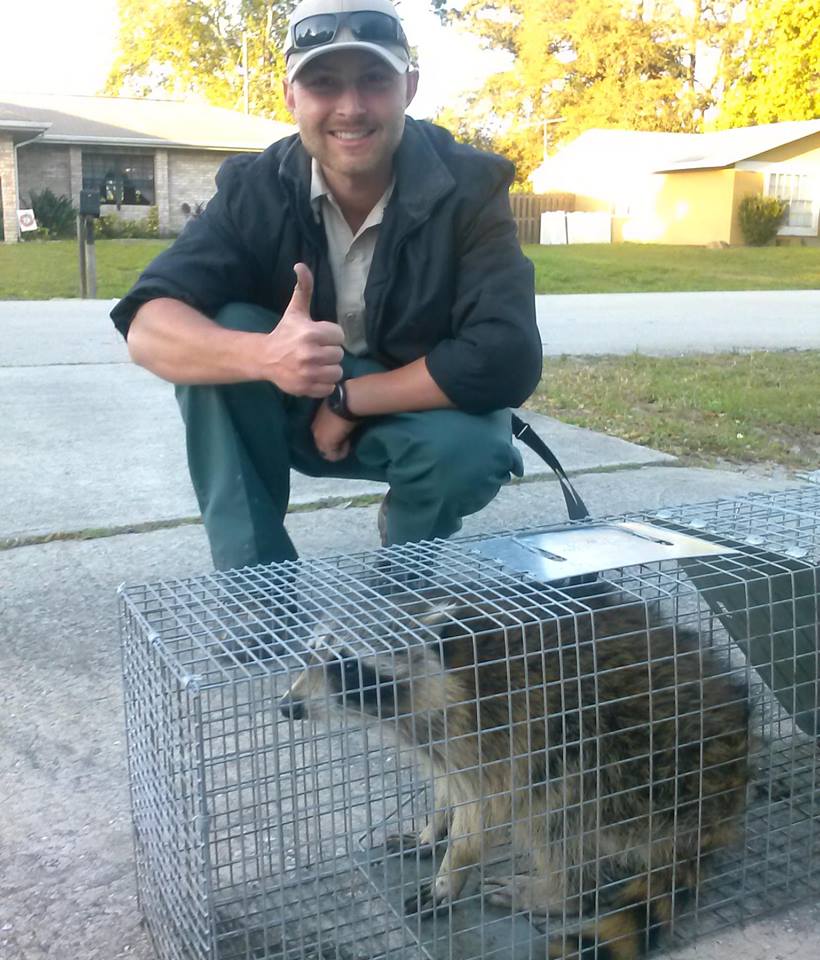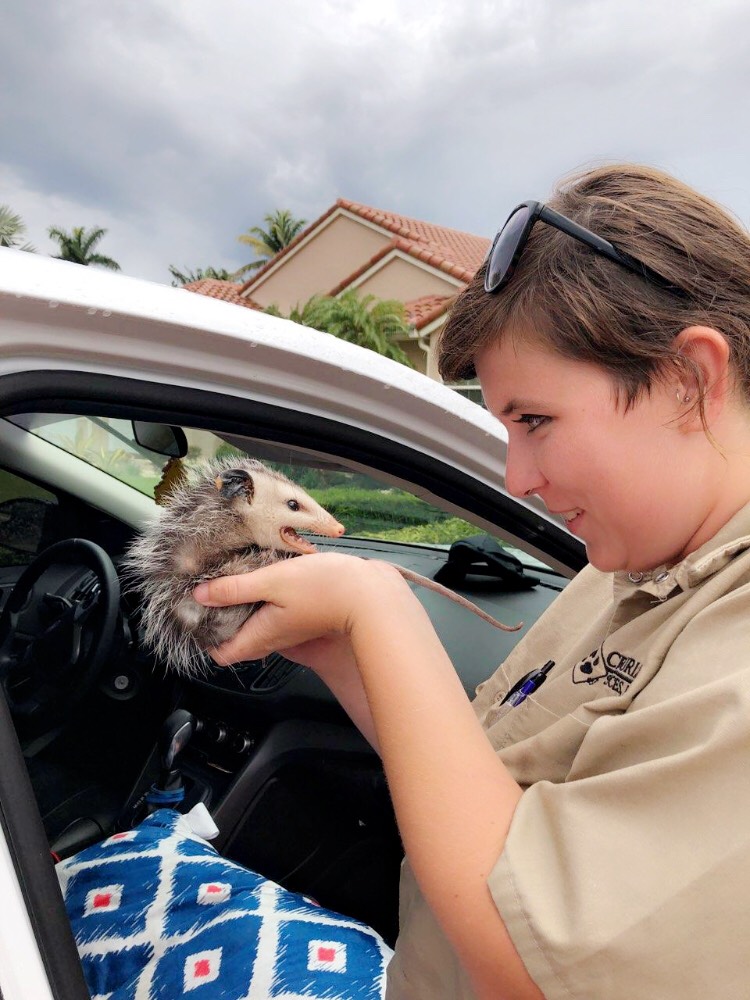
Go ahead and try them if you desire, but you'll just end up having to do the actual work that is necessary to fix a rat problem permanently - sealing off their entrance points. For those who have mice getting into your home, and wish to keep them away, there's an outstanding 100% effective natural mouse repellent - it is called finding and sealing closed all of the entrance holes in your house the rats are using to gain entrance. That is it. That's undoubtedly the best, and the ONLY REAL effective method to keep away mice once and for all.
Mice reside in a really small area. Once they have established a house, they have a 0% chance of survival if relocated somewhere else. They'll die or get eaten by predators very fast. No mouse would ever leave its nesting place because of some repellent - because the alternative is death! It's not like the repellent will chase them away and then they can move on to some great new house elsewhere. It does not work that way with mice. They're born to know one little territory, and that is it.
I understand you want a simple answer to your mouse problem, and a cheap one too. That is natural, always look for the easiest solution first! But using a mouse problem, there's absolutely no easy and quick solution. The animals have to be trapped.

Here's some of the commonly attempted, but fake mouse repellent products: Mothballs, ammonia, cat pee, coyote pee, peppermint oil, high-pitch sound machines, flashing, glowing light machines, toilet cakes, human hair.
Bear in mind, the only way to address a rat problem is to discover how they're getting into the building, and seal those holes closed! Then trap and eliminate the mice inside. Then it's often advisable to clean out the attic space.
Folks assume that since mothballs are effective in this situation that the small, white pellets will be effective against any nuisance animal. It's a fact that mothballs are deadly, especially if ingested; they're comprised of a known carcinogen. But rodents won't consume the mothballs. The same as someone can sit in the exact same area and be unaffected, so, too, can a mouse. You would need to put an enormous quantity of mothballs outside to keep mice away from the premises, and if you used that crazy quantity, odds are you wouldn't have the ability to live there . When it comes to mice, the small creatures are living in your house because it is warm and safe, trapping and removal is the only control system.
Mice repellent peppermint oil - Peppermint oil looks sounds like a fantastic idea for mouse control. Peppermint oil is organic and isn't offensive to the people sharing the treated area. If you believe peppermint oil is too good to be true--you are right. For peppermint oil to irritate a mouse, it would need to be applied topically to the skin at a high enough concentration to cause skin irritation. If you put peppermint oil on a cotton ball and chuck it at a mouse , the rodents will just avoid it. The odor will be too powerful for them to willingly approach the cotton, but it isn't a smell that will raise alarm. Mice don't have any natural aversion to peppermint and won't associate the odor with anything dangerous. If forced to, mice walk around the offending cotton ball or push it from the hole. Peppermint oil is the naturalist's effort at precisely the identical repellent concept involved when using mothballs for rodent control. If you need to eliminate mice from your house or business, they ought to be trapped and removed.